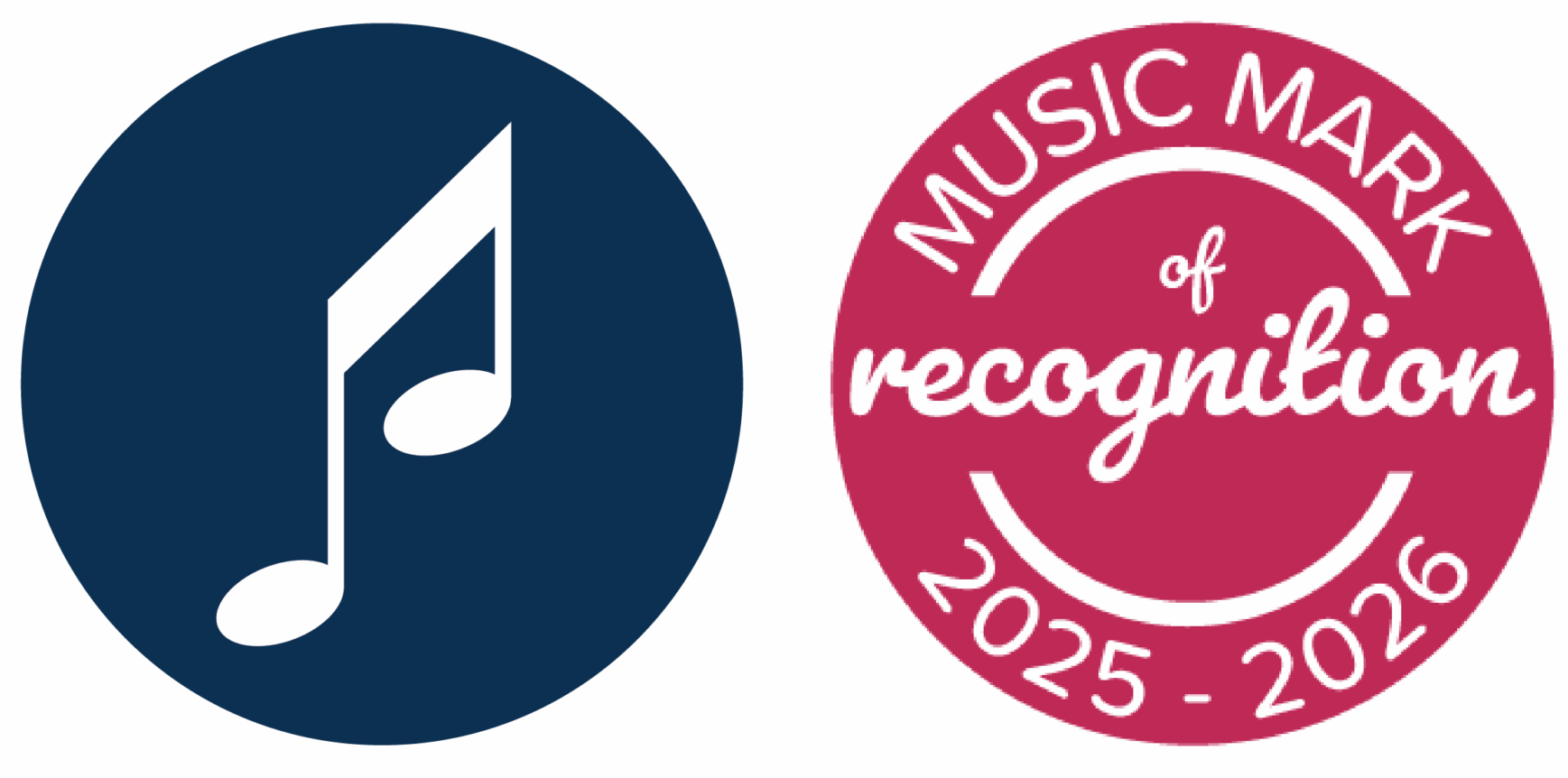Music
The aim of the Music curriculum at the UCL Academy is to inspire, develop and enrich the next generation of musicians. Through the three central strands of performing, composing and appraising, students are encouraged to either begin or to continue their own musical journey – whether it be focused around a particular instrument, doing deeper into technology, or widening their experience of the world through sound. We take pride that the curriculum continues to be based around the practical nature of the subject – the beginning point to any learning in the subject has as its focus tasks that involve and engage the student, in the hope that they emulate and be inspired by musical legends old and new.

Key Stage 3
From the very first lesson in Year 7, students are building the skills and knowledge that will help them succeed in their musical journey. Using as its starting point the nationwide Model Curriculum in Music – but adding and developing where necessary to ensure all are engaged and able to access the learning – lessons cover a wide variety of genres: Film, Electronic, Blues & Reggae to name but a few. Each Level will cover six different areas during the academic year, giving them a range of experiences and a wealth of new contexts and ideas. Within this, students are able to develop their own musical personality through the strands of performing, composing and listening.
Key Stage 4
Building on the skills and knowledge at Key Stage 3, Year 10 students studying Music are able to move further along in their journey and begin adding another layer to their creative and intellectual development in the subject. Through studying in detail a range of set works – from Musicals to Classical, from Film through to Pop, from Jazz to Dance music – students are able to engage on a more significant level with their own musical identity, and start finding yet more avenues in which to explore. On top of this, the practical side of the subject really comes to the fore, with 60% of the qualification dedicated to performance and composition. Those students really wanting to express themselves through Music find this opportunity a remarkable way of getting a GCSE, and we find that the community spirit through the department at this level is very strong.
Key Stage 5
A and AS Level Music is a great opportunity for students to explore in real detail, and to take some real and concrete steps towards an ongoing, rich and rewarding musical life. By this point, the skills and knowledge from Key Stages 3 and 4 have developed into a real understanding of the subject and enable learners to get to grips with some of the big questions – How does a symphony work? How did Blues and Jazz develop in the twentieth century, and how does it relate to music now? How do we approach the problem of Wagner? Alongside these important and eternal questions, as ever, there is a practical element – most of the qualification, again, is performing and composing. Often, by this point, this is to a semi-professional standard.
In tandem with A and AS Level Music, we also offer AS and A Level Music Technology. This is an equivalent or parallel route that focuses on music production and recording techniques. The Academy is well set up to accommodate this course, and has had in recent years, some outstanding work made by students onsite. We welcome the high number of students who have developed skills on a DAW or other software – often in their own time – and it is nearly always a labour of love for them to use these abilities in a more formal context and gain an official qualification – along with UCAS points – as a result.
Music Development Plan
Curriculum Map
Please scroll down to view the relevant faculty and page.
Exam Specifications
GCSE Edexcel Music – Click here to see the specifications
30% Performing, 30% Composing, 40% Listening
Performing – One solo performance, one ensemble performance
Composing – One ‘free’ composition, one composition based on a brief
Listening – An exam context, featuring eight set works. These are:
- Bach: Brandenburg Concerto No. 5 in D, 3rd Movement
- Beethoven: Piano Sonata in Cm, Pathetique, 1st Movement
- Purcell: Music for a While
- Queen: Killer Queen
- Schwartz: Defying Gravity
- John Williams: Main Title/Rebel Blockade Runner from Star Wars
- Afro Celt Sound System: Release
- Esperanza Spalding: Samba Em Preludio
A & AS Level
Eduqas A & AS Level Music
Component 1: Performing
Option A: 35% of qualification
Option B: 25% of qualification
Component 2: Composing
Option A: 25% of qualification
Option B: 35% of qualification
Component 3: Appraising
Written examination: 40% of qualification
Three areas of study:
Area of study A: The Western Classical Tradition (The Development of the Symphony 1750-1900) which includes two set works:
- Symphony No. 104 in D major, ‘London’: Haydn
- Symphony No. 4 in A major, ‘Italian’: Mendelssohn
A choice of one area of study from:
- Area of study B: Rock and Pop
- Area of study C: Musical Theatre
- Area of study D: Jazz
A choice of one area of study from:
- Area of study E: Into the Twentieth Century
- Area of study F: Into the Twenty-first Century
A Level Music – Click here to see the specifications
A Level Music Technology – Click here to see the specifications
Component 1: Recording: 20%
Production tools and techniques to capture, edit, process and mix an audio recording.
Component 2: Technology-based composition: 20%
Creating, editing, manipulating and structuring sounds to produce a technology based composition.
Component 3: Listening and analysing (written examination): 25%
Knowledge and understanding of recording and production techniques and principles, in the context of a series of unfamiliar commercial recordings
Component 4: Producing and analysing (written/practical examination): 35%
Knowledge and understanding of editing, mixing and production techniques, to be applied to unfamiliar materials.
The Extra Curricular provision of the Music Department is huge. It plays a crucial part in what we do, and often serves to feed directly into what happens during class time. We welcome everybody – at break and lunch times the rooms are full of students making music.
At time of writing, instrumental teachers for the following instruments visit the site weekly (sometimes bi-weekly):
- Guitar
- Piano
- Voice
- Brass
- Woodwind
- Strings
- Drums
Alongside these, we currently provide the following ensembles:
- Choir
- Vocal Harmony Group
- Samba
- String Group
- Rock bands
- Superbrass
At the end of the Winter and Summer Term we put on a concert in the Main Hall. These offer opportunities to all students. Our guiding philosophy is to blend inclusion with excellence – we welcome genres of all kinds and students at every level, but insist that the quality of the work we put on is of a very high standard. We believe this shows respect to both performer and audience, and we hope we can provide moments of inspiration and pride for everybody involved.
The Music Department also contributes to the School Musical.


